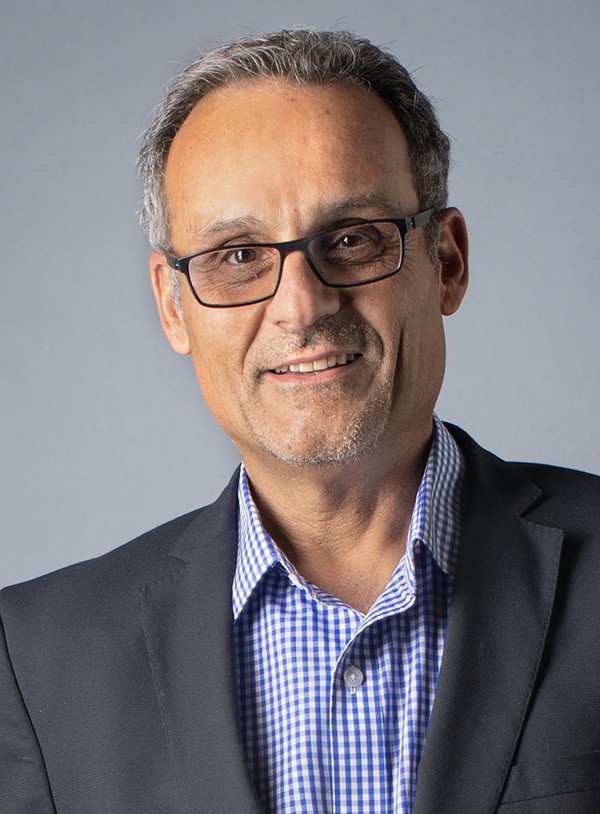Cross-campus initiative to accelerate innovations in engineering, medicine
By Reeve Hamilton
Weill Cornell Medicine and Cornell Engineering are launching Engineering Innovations in Medicine, an initiative that will form unconventional partnerships that transcend academic disciplines to find solutions for such diseases as Alzheimer’s, cancer and diabetes.
“There are so many ways in which the future of medicine is tied to advances in engineering: from machine learning to improve the accuracy of diagnoses, to sensor and robotic technology to create operating rooms of the future, to nanotechnology in the design of organoids – the possibilities are truly endless,” said President Martha E. Pollack. “Cornell has world-class programs in both engineering and in medicine, along with a deep culture of collaboration, so we are incredibly well positioned to create a center that bridges these fields and maximizes our impact.”
The partnership, spanning Cornell’s Ithaca and New York City campuses, will support multipronged approaches to accelerate progress in research, teaching and technology innovation at the intersection of engineering and medicine. The initiative will be led by Emmanuel Giannelis, who has served as vice president for research and innovation since 2017.
“I commend the leadership of Weill Cornell Medicine and Cornell Engineering for their efforts to bring their communities together through this initiative, and for identifying a strong partner in Emmanuel,” said Provost Michael I. Kotlikoff. “Collaborations like this are absolutely vital, as they leverage our strengths and accelerate medical advances and the solutions of tomorrow.”
The new initiative is expected to forge research collaborations in a range of fields, from neurotechnology to cancer diagnostics and therapies. It will also develop new education programs designed to produce future-ready physicians and engineers who are comfortable working across these disciplines and familiar with toolsets that enable precision medicine and facilitate data-driven decisions to optimize health care.
“We’re incredibly excited for Engineering Innovations in Medicine to be an intellectual hub and bridge across campuses,” said Dr. Augustine M.K. Choi, the Stephen and Suzanne Weiss Dean of Weill Cornell Medicine and university provost for medical affairs. “Together we can create a world-class community of investigators in engineering and medicine. There’s enormous potential for us to discover new ways for diagnosing, preventing and treating disease.”
Lynden Archer, the Joseph Silbert Dean of Engineering, said the project is a natural extension of the work occurring on both campuses.
“Developing strategies for engineering biology and leveraging engineering approaches to address hard problems in human health has emerged as a priority in multiple fields throughout our college,” he said. “Combined with colleagues at Weill Cornell Medicine, we now have the collective expertise to pioneer new directions that will deliver improved health outcomes for patients.”
Ties between the two colleges have already been strengthened by partnerships forged through the faculty working group whose work catalyzed the launch of the initiative, Archer said.
He thanked Claudia Fischbach, the Stanley Bryer 1946 Professor of Biomedical Engineering; Yoon Kang, senior associate dean for education at Weill Cornell Medicine; Ulrich Wiesner, the Spencer T. Olin Professor of Engineering; and Olivier Elemento, director of the Englander Institute for Precision Medicine at Weill Cornell Medicine, for their contributions to that group.
Giannelis, the Walter R. Read Professor of Engineering, will assume his position as the director of the new Engineering Innovations in Medicine initiative in January 2023. He previously served in leadership positions in Cornell Engineering, including associate dean for research, graduate and professional programs and director of the Department of Materials Science and Engineering from 2004 to 2012.
“I see tremendous potential in bringing our campuses in New York City and Ithaca, which already collaborate quite well, even closer together,” Giannelis said. “And I look forward to expanding this initiative to involve even more of the Cornell community.”
Giannelis plans to work closely with other faculty positioned to facilitate collaboration across campuses, including Silvia Ferrari, who was recently named associate dean of cross-campus engineering research at both Cornell Tech and Cornell Engineering, and Deborah Estrin, associate dean for impact at Cornell Tech and a professor of population health sciences at Weill Cornell Medicine.
Estrin will be among a number of Cornell leaders – including Pollack, Kotlikoff, Choi, Archer and Giannelis – scheduled to speak at a kickoff symposium for the initiative that will be held in Ithaca Sept. 30 to Oct. 2. In addition to exploring opportunities to bolster the education of the next generation of physician and engineer innovators, panelists will discuss plans and approaches for advancing the frontiers of data-driven medicine, organoids, immuno-engineering, cancer and neurotech.
“Through this initiative, we anticipate addressing all of these pressing topics and more,” Giannelis said. “This will be a truly one-of-a-kind hub that transcends traditional disciplines and integrates education, research, translation and commercialization into one platform that sits at the intersection of engineering and medicine.”
Reeve Hamilton is director of marketing and communications at Cornell Engineering.
Media Contact
Get Cornell news delivered right to your inbox.
Subscribe

